Smog Got Your Tongue?
🌍 Climate Justice: Ensuring Equity in Climate Solutions 🌍
Climate change affects us all, but its impacts are not distributed equally. I live in New York City, where the sun shines and smog flies (for the most part, and comparatively) under the radar. But this past week NYC was determined to have the worst air quality in the world as a result of the still-blazing Canadian wildfires.
For many people around the world, unfortunately, visible, tangible reminders of the climate crisis are a daily occurrence. And more often than not, those reminders are dangerous to human health. Climate justice calls for fair and just solutions that address the unequal burden faced by marginalized communities. To explore the pathways to a more equitable future, we need to understand the challenges they face.
Environmental Racism and Marginalized Communities
Environmental racism is the unjust burden of environmental hazards borne by disadvantaged communities, often predominantly communities of color. These communities are more likely to live near polluting industries and experience higher levels of pollution-related health issues. It’s an urgent injustice that we must address.
What Can YOU Do About It?
Advocate for Environmental Justice Policies: Support policies that prioritize environmental justice, such as the strengthening of environmental regulations and the inclusion of community voices in decision-making processes. To achieve climate justice, we need transformative policies and solutions that prioritize equity and inclusivity.
Community Empowerment: Support community-led initiatives that address environmental justice concerns, promote sustainable development, and empower marginalized communities to actively participate in decision-making processes.
Support Youth-Led Movements: Amplify youth voices and support organizations like Fridays for Future and the Sunrise Movement that are fighting for climate justice.
Indigenous Wisdom and Stewardship:
Indigenous communities have long-standing relationships with the land and possess valuable knowledge of sustainable practices. Their traditional ecological wisdom can offer innovative solutions to mitigate climate change and promote resilience. Fostering partnerships between indigenous communities and environmental organizations can help us exchange knowledge and learn from indigenous stewardship practices.
Just Transition: Advocate for a just transition to a clean energy economy, ensuring that workers in fossil fuel industries are not left behind and have access to new opportunities in the green economy.
Together, we can create a world where climate justice is a reality for all. Let's educate, advocate, and take action to ensure an equitable and sustainable future! Your voice matters, and small steps towards justice can lead to big changes.
What We’re Watching 🎥, Reading 📚, and Listening to 🎧
Searching for more positive and informative climate content? Look no further!

